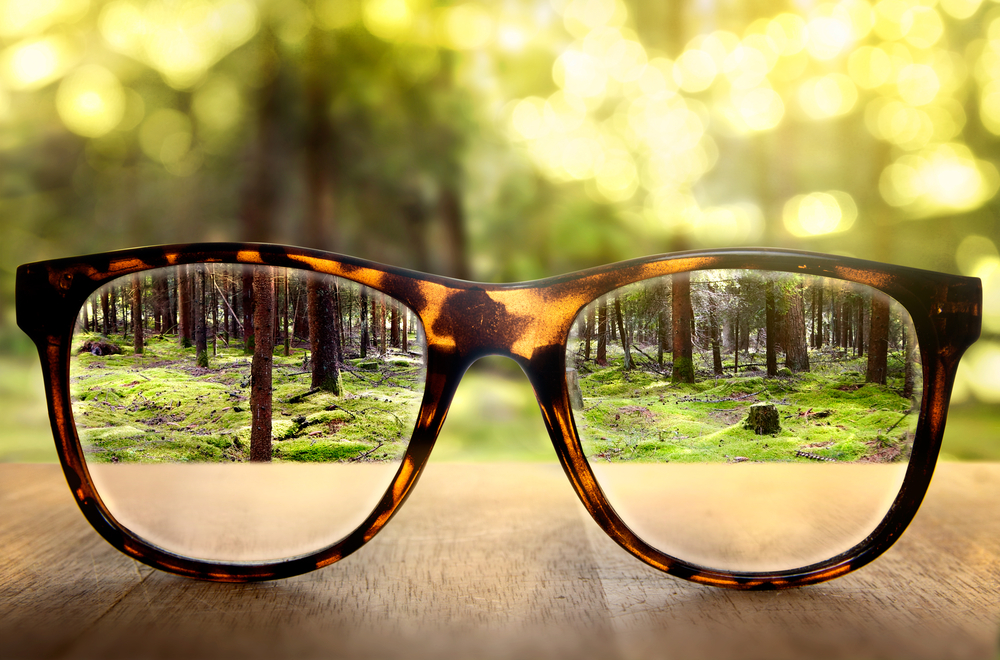
Myopia, commonly known as nearsightedness, is a growing vision concern among both children and adults. With increasing screen time and limited outdoor activity, the prevalence of myopia has risen sharply over the last few decades. At Neighborhood Eye Doctors, we believe in not only correcting vision problems but also actively managing and slowing their progression. Here’s everything you need to know about myopia and how we manage it.
What Is Myopia?
Myopia is a refractive error where distant objects appear blurry while close objects remain clear. It occurs when the eye grows too long or the cornea is too curved, causing light to focus in front of the retina rather than directly on it. While glasses and contact lenses can correct the blurry vision caused by myopia, they don’t address the progression of the condition.
What Is Myopia Management and Why Is It Important?
Myopia management refers to a set of treatments aimed at slowing the progression of nearsightedness over time, especially during childhood and adolescence when the eyes are still developing. Slowing myopia progression is important because high levels of myopia can significantly increase the risk of serious eye conditions later in life, such as retinal detachment, glaucoma, cataracts, and myopic macular degeneration.
By beginning myopia management early, we can help preserve your child’s long-term vision and reduce the need for stronger prescriptions as they grow. At Neighborhood Eye Doctors, we offer a range of evidence-based treatments designed to slow myopia progression.
Atropine Eye Drops
Low-dose atropine eye drops are applied nightly and have been shown to significantly slow myopia progression in children. These drops are safe and well-tolerated, with minimal side effects. While they don’t correct vision on their own, they are often used in combination with other management strategies.
Multifocal Glasses or Contact Lenses
Multifocal lenses are designed with different focusing powers that help reduce eye strain and slow the elongation of the eye. They provide clear vision while addressing the peripheral defocus thought to contribute to myopia progression. These are a great option for children who already wear glasses or contacts for daily vision correction.
Orthokeratology
Orthokeratology, or Ortho-K, involves wearing specially designed rigid contact lenses overnight. These lenses gently reshape the cornea while you sleep, providing clear vision during the day without the need for glasses or contacts. In addition to correcting vision, Ortho-K has been shown to effectively slow the progression of myopia in children and teens.
Supporting Families in Spring, Texas
Myopia is a condition that, if left unmanaged, can have long-term impacts on eye health. Fortunately, with modern treatments like atropine drops, multifocal lenses, and Ortho-K, we can take a proactive approach to protect your child’s vision. Our team will evaluate their needs and create a personalized myopia management plan to help preserve their sight for the future.
If your child has been diagnosed with myopia or you're concerned about their changing vision, schedule a comprehensive eye exam with Neighborhood Eye Doctors. Visit our office in Spring, Texas, or call (254) 256-2200 to book an appointment today.









